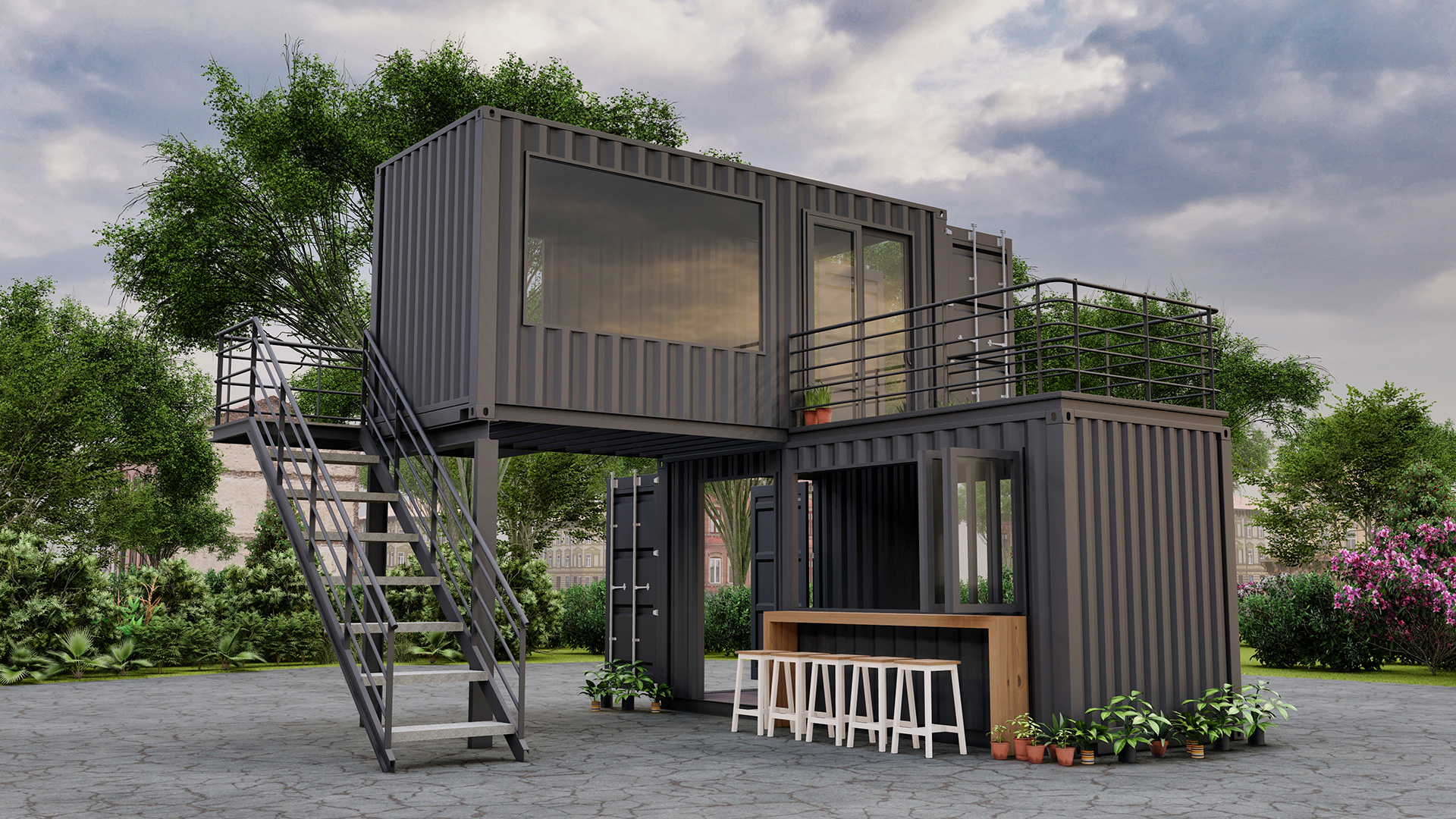
The vibrant city of Liverpool, with its bustling streets and lively atmosphere, is always in motion. Be it the hum of tourists exploring the Beatles' legacy or locals catching a match at Anfield, there's a palpable energy that demands efficient and dynamic business solutions. Enter modular kiosks, a game-changer in the city’s commercial landscape.
In conclusion, Liverpool, with its blend of history and modernity, offers a fertile ground for modular kiosk ventures. Leveraging this opportunity with a reliable partner like Karmod can set businesses on a trajectory of growth and success in the heart of Merseyside.
As Liverpool's business landscape diversifies, there's a rising demand for adaptable commercial solutions. Modular kiosks have taken centre stage, addressing this need efficiently. Positioned not just in the city's heart but also in nearby areas, they have become a go-to for businesses aiming for both mobility and visibility. Whether it's near the iconic Albert Dock or closer to the buzzing Liverpool ONE, these kiosks have revolutionized the way business is conducted. Not just confined to the city, but also in neighbouring locales, these modular kiosks symbolize a blend of convenience and innovation, making business operations smoother and more efficient.
Liverpool, known for its maritime heritage and cultural vibrancy, also boasts a competitive commercial arena. For those keen on establishing a foothold in this market, understanding the financial dynamics of renting or buying a kiosk is crucial. The price range can vary based on several factors. Location, naturally, plays a significant role. A kiosk in Liverpool's central commercial zones might command a higher price compared to those in peripheral areas. The size and customization features of the kiosk can also influence the cost. Renting, on the other hand, offers more flexibility but might be more expensive in the long run, especially if you're looking at a long-term business plan. However, with providers like Karmod offering a range of options tailored to varied business needs, both renting and buying have become more accessible and budget-friendly. Potential entrepreneurs and businesses are encouraged to do a comparative analysis to make an informed decision best suited for their business model and objectives.
Liverpool, with its bustling streets and vibrant culture, has always been a hub for culinary enthusiasts and coffee lovers. As the city embraces the global trend of on-the-go eateries, the rise of coffee and food kiosks is evident. These kiosks have become an essential part of Liverpool's streetscape. Perfectly blending with the city's dynamic rhythm, they offer residents and tourists a quick culinary delight, be it a steaming cup of artisan coffee or a gourmet sandwich. For entrepreneurs eyeing this market, Liverpool presents a gold mine of opportunities, especially when the city's love for football matches and music events is considered. These occasions witness a surge in demand for quick bites, and what better way to cater to this demand than a strategically located kiosk!
Amid the bustling energy of Liverpool Street, a hub that acts like the pulsing veins of the city, there's a noticeable trend among smart businesses the adoption of Glass Reinforced Plastic (GRP) kiosks. These structures, reminiscent of cutting-edge portable buildings, stand out for their unparalleled durability and resilience. In a locale as iconic as Liverpool Street, where every square foot witnesses a whirlwind of activities and changing weather patterns, the dependability of GRP becomes paramount. Couple that with the ever-present need for ticket booths, pop-up cafes, and info points, and you'll understand why many opt for this versatile material. With the consistent foot traffic characteristic of this area, leveraging the benefits of a GRP kiosk can pave the way for businesses to thrive and leave an indelible mark on the city's landscape.
While starting a business, budget constraints often lead entrepreneurs to consider second-hand or used kiosks. Liverpool, with its expanding market, does offer such options. However, there are certain drawbacks to be wary of. Firstly, used kiosks might come with wear and tear, requiring immediate repairs or maintenance. This could escalate the initial cost savings. Moreover, these kiosks might not be as energy-efficient as the newer models, leading to higher operational costs. Lastly, customization could be limited with second-hand units, potentially affecting the brand's visibility and aesthetics. Hence, while the upfront cost of a used kiosk might seem attractive, it's essential to weigh in the long-term implications before making a decision.

From one end of the world to the other, we give our clients access to the prefab sector produced with the new technology of the world. We guarantee reliability through technology and innovation, flexible business models and intelligent supply chain solutions that create value for you by following the project's production network.
Discover